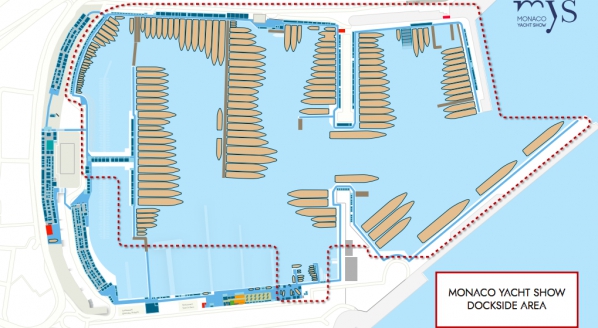The path to a successful brokerage deal
Adam Ramlugon, partner at Hannaford Turner, discusses the key legal considerations…
With the high season fast approaching, we at Hannaford Turner are seeing an uptick in activity as would-be yacht owners chase down their ideal yacht.
The recent news in the UK that all coronavirus restrictions are due to be removed by 21 June seems to have injected some further confidence and energy back into the market too.
As the brokerage industry prepares for what we all hope is a return to a degree of normality this summer, a recent decision handed down by the English Commercial Court (Winlink v LFC[1]) has served as a timely reminder on securing rights to commission on a yacht transaction.
Whilst the facts of the case relate to a claim against Liverpool Football Club, made by a sports marketing agent, for an introducer’s commission (which ultimately failed), the legal principles in play have wider application and relevance to the superyacht market.
The last ten years have seen several high-profile brokerage commission disputes make their way to court, with varying degrees of success.
A common thread that runs through many of these disputes is the applicability of the “effective cause” doctrine. It is essentially a test applied by the English courts to determine whether it was the actions of a particular party (i.e. the yacht broker) that brought about the completion of the deal and therefore whether a commission is due and payable.
As the Court has made clear in the Winlink case, whether or not it applies turns, to a significant degree, on the language of the particular contract that governs the commission claim.
Here are some key points that the brokerage industry should be aware of, that should help both brokers and their principals, to bring about successful and hassle-free deals this season:
1. It all starts with the terms of the contract under which the broker has agreed to provide their services in return for an agreed commission. The Court will only intervene and begin implying additional terms into the contract (including the application of the effective cause test) if the contract itself is sufficiently clear and commercially coherent.
2. If this is the case then both the broker and principal can both be satisfied that the only terms governing the commission payments are set out in their contract. If not the Court will likely impose further terms on the parties so that the contract yields to what is often termed “business common sense”.
3. There are, of course, occasions when it may not be possible nor appropriate for the terms of a broker’s commission agreements with their principal to be reduced to writing. This is by no means fatal to the broker’s position but does leave the legal position open to interpretation. Asking whether or not a deal would have happened but for the actions of the broker can be an instructive means of answering this question.
[1] Winlink Marketing Ltd v The Liverpool Football Club & Athletic Grounds Ltd [2020] EWHC 2271.
NEW: Sign up for SuperyachtNewsweek!
Get the latest weekly news, in-depth reports, intelligence, and strategic insights, delivered directly from The Superyacht Group's editors and market analysts.
Stay at the forefront of the superyacht industry with SuperyachtNewsweek
Click here to become part of The Superyacht Group community, and join us in our mission to make this industry accessible to all, and prosperous for the long-term. We are offering access to the superyacht industry’s most comprehensive and longstanding archive of business-critical information, as well as a comprehensive, real-time superyacht fleet database, for just £10 per month, because we are One Industry with One Mission. Sign up here.
Related news

The future of Monaco Yacht Show
Monaco Yacht Show introduces a raft of changes for the 2021 event and beyond, with a focus on end-user experience
Business

Superyacht chartering in the age of COVID-19
The team at Campbell Johnston Clark discuss the contractual intricacies of chartering in the COVID-19 age
Business

Lower tax rate for Spanish charters starting in Melilla
A 0.5 per cent IPSI rate could be applicable to charters instead of the 21 per cent VAT rate
Business

The changing landscape of new-build and charter brokerage
C&N CEO Paolo Casani on the company's role within the new-build market and the current situation for charters
Business
Related news
The future of Monaco Yacht Show
5 years ago
Superyacht chartering in the age of COVID-19
5 years ago
NEW: Sign up for
SuperyachtNewsweek!
Get the latest weekly news, in-depth reports, intelligence, and strategic insights, delivered directly from The Superyacht Group's editors and market analysts.
Stay at the forefront of the superyacht industry with SuperyachtNewsweek




